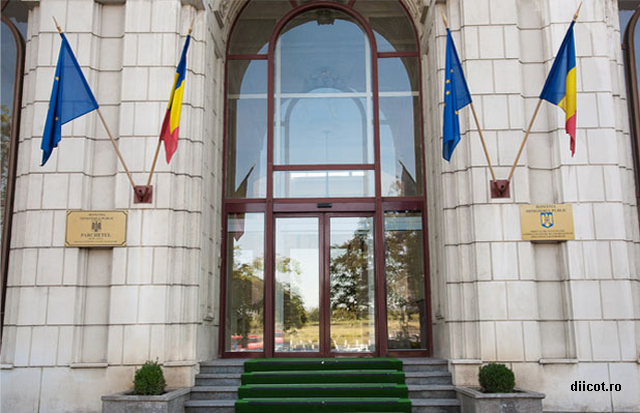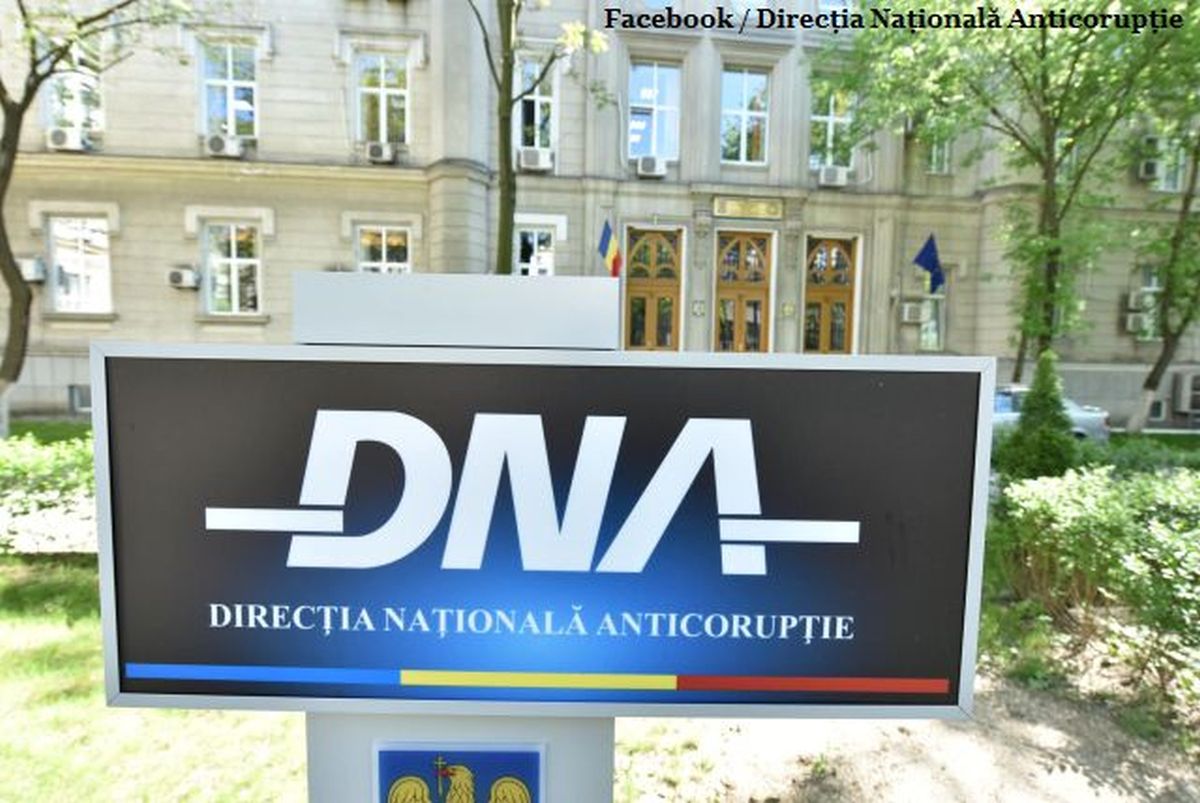The Judicial System at Full Steam
It has been confirmed once again that the National Anti-Corruption Directorate is doing the job it was created for

Florentin Căpitănescu, 21.11.2014, 13:30
In the last two or three years, the National Anti-Corruption Directorate (DNA), the spearhead in the fight against the worm gnawing at the root of Romanian public administration, managed to make up for lost ground and lost time, and not just in terms of image. With a huge wave of investigations, many of them resulting in prison sentences, the Directorate has managed to get through the message that no one is above the law, irrespective of reputation, position, political affiliation or influence.
What is more, for the first time in the judicial history of post-Communist Romania, a standing public senior prosecutor is under criminal investigation. The head of the organized crime division (DIICOT), Alina Bica, who headed an organization with an otherwise good image, was indicted in an investigation for abuse of public office. She is accused of irregularities committed while she was an undersecretary in the Ministry of Justice, and member of a committee that operated retrocessions, the process of returning to former owners lands and real estate confiscated by the communist regime under nationalization. In 2011, she and two colleagues, also under investigation, are alleged to have facilitated restitution payments for a piece of land 13 hectares in size, near Bucharest, payments which were based on a gross overvaluation, ending up costing the Romanian state 62 million Euros.
At the same time, also on Thursday, the Supreme Court approved the motion filed by anti-corruption prosecutors for the pre-emptive 30-day arrest of Social Democratic MP Ioan Adam, whose party currently dominates the ruling coalition. He is involved in a case that similarly involves the return of nationalized properties, which this time caused damages worth 300 million Euros. At the same time, the Supreme Court decided that Conservative MP Ion Dinita, whose party is also in the ruling coalition, should be investigated without detention, but under judicial restrictions. Dinita is suspected of illegal action in handling public contracts in the city of Brasov. In his case, the National Anti-Corruption Directorate estimates damages to the state budget at 7 million Euros.
Both rulings of the Supreme Court are not final, and the three cases do not bring anything new in the judicial landscape in the country. The three under investigation, well placed in the higher echelons of public administration at the time of the alleged violations, were using well-established corrupt practices, such as overvaluation, illegal retrocession and preferential public acquisition contracts. Then again, the Directorate is working on no less than 4,800 cases at this time. In spite of corruption taking more and more inventive forms, the National Anti-Corruption Directorate chief Laura Codruta Kovesi has issued a message: ‘They can’t outsmart us.’






























